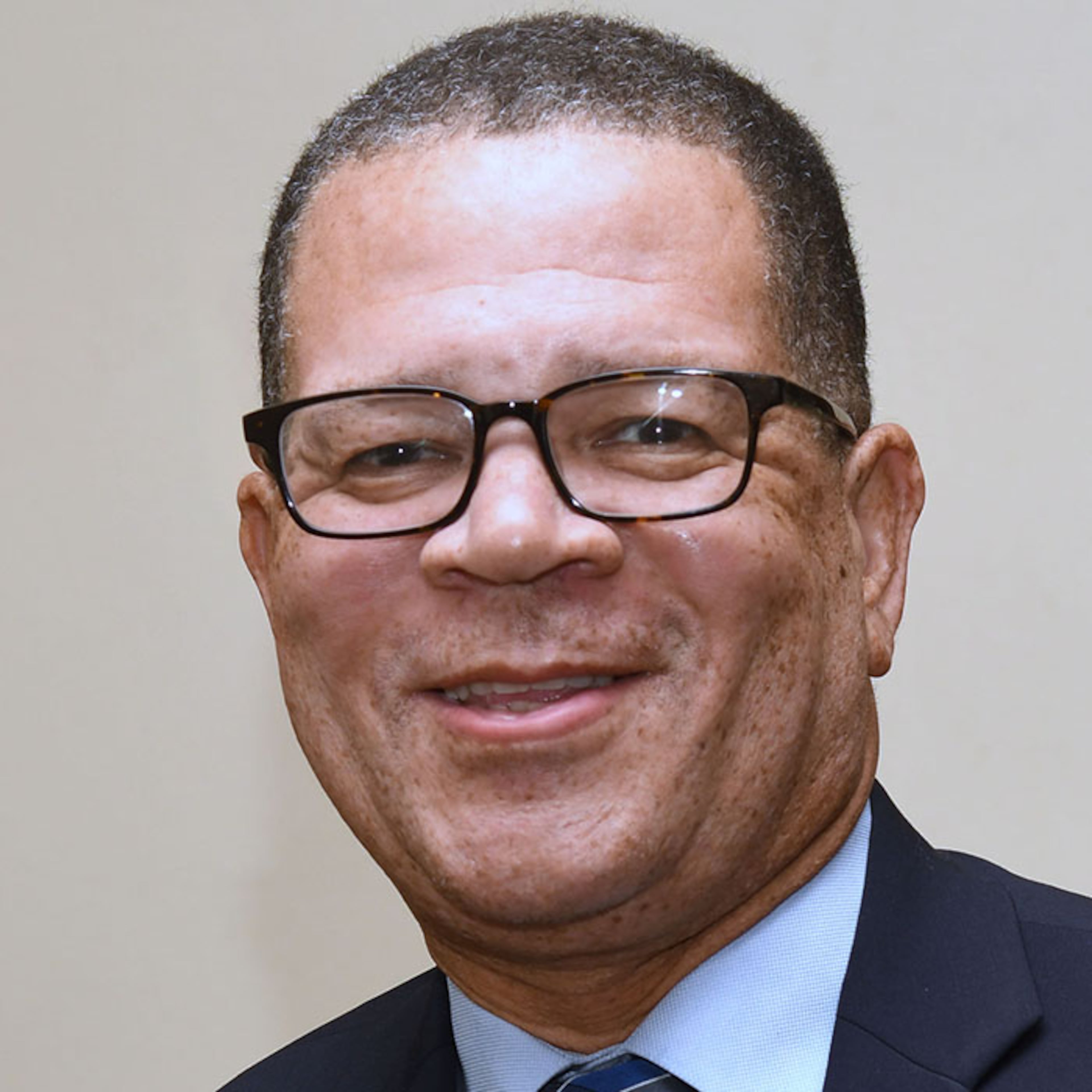Biden’s pardon raises questions about privilege and fairness
I am a proud father of two children, who were raised in the city of Atlanta and educated in its public schools. I can relate to the paternal instinct to protect our children, which is an innate drive that compels parents to defend their offspring at all costs. From the moment we learn of their existence, we become their advocates and our protective instincts kick into overdrive the moment they draw their first breath.
This instinct, though noble, can sometimes lead to choices that blur the lines between personal interest and public duty. President Joe Biden’s weekend decision to grant a “full and unconditional” pardon to his son, Hunter Biden, on federal convictions of gun and tax evasion charges stand as a glaring example of this moral ambiguity.

Since the dawn of our republic, the power to grant pardons has been a tool wielded by U.S. presidents to uphold justice and correct injustices.
On his final day of office in 1794, President George Washington pardoned the leaders of the “Whiskey Rebellion” who were convicted of treason against the United States; and on Sept. 8, 1974, President Gerald Ford granted a controversial pardon of former president Richard M. Nixon to heal the wounds of the nation.
This power, enshrined in the Constitution, carries with it a profound responsibility. Though many pardons pass under the radar with little public scrutiny, President Biden’s decision is likely to be recorded as one of the most controversial in American history, primarily because it intertwines personal family loyalty with the expectations of a public office.
Hunter Biden’s legal troubles have been a source of relentless media scrutiny and partisan attacks, transforming him into a political lightning rod. The charges against him raise legitimate concerns about accountability and the rule of law. In a country that prides itself on equal justice for all, a presidential pardon for a family member, let alone a son, raises troubling questions about privilege and fairness.
Did Biden act as a father seeking to shield his son from the consequences of his actions? Did he step beyond the bounds of propriety as a public servant?
Critics of the pardon argue that it represents a blatant conflict of interest that undermines the integrity of the office. The president of the United States is a leader who governs on behalf of the people, a steward of justice who must navigate the complexities of policy and ethical governance.
The Washington Post noted that the president’s pardon of his son has “extraordinary breadth.”
The pardon covers “offenses against the United States which he (Hunter Biden) has committed or may have committed or taken part in during a period from January 1, 2014 through December 1, 2024.” The pardon spans nearly an 11-year period and appears to prioritize the president’s personal relationship over the principles of accountability and justice that should guide presidential actions.
This decision sets a dangerous precedent. It opens the door for future administrations to use the power of pardons for personal gain, not as a tool for justice.
Imagine a future in which political leaders feel emboldened to grant pardons to friends, family or political allies without regard for the implications. The potential for abuse is alarming.
What’s to stop President Donald Trump, who rewards loyalty, from issuing pardons for individuals involved in the Capitol insurrection on Jan. 6, 2021, or for others facing legal consequences for unethical behavior, all in the name of loyalty?
Despite President Bill Clinton pardoning his half brother and Trump pardoning his daughter’s father-in-law and a host of people in his inner circle, Biden’s pardon could very well be the catalyst for presidential pardons becoming mere instruments of political patronage. Though it might seem unfair to pin that on Biden, he campaigned on restoring America’s moral leadership and returning a sense of normality to the executive branch.
The public’s trust is built on the belief that leaders will act in the best interests of the nation, not just their personal lives. When a president opts for family loyalty over public accountability, it risks eroding that trust. This sentiment is echoed by many Americans who feel disillusioned by a system that seems increasingly rigged for the privileged.
During my tenure as chairman of Fulton County, I championed criminal justice reform of the bail system and advocated for funding of the public defender’s office because of the disproportionate number of Black men and indigents in the Fulton County Jail. For every Hunter Biden, there are countless individuals facing the ramifications of their actions without the safety net of a father who is president.
This discrepancy in treatment fosters a growing sense of injustice and resentment that could have lasting implications for political stability and public faith in the rule of law.
President Biden’s decision to pardon Hunter Biden transcends the realm of personal family loyalty; it is a gamble with ramifications that extend far beyond the immediate situation. As we reflect on this decision, we must ask ourselves: Do we demand a commitment to justice from our leaders?
In navigating the delicate balance between personal and public responsibility, the president’s pardon should serve as a cautionary tale about the perils of allowing family ties to overshadow the obligations of public office.
More Stories
The Latest

